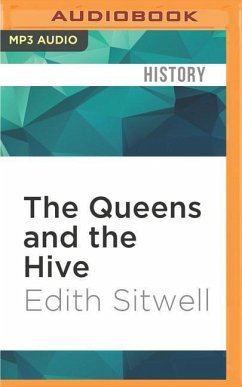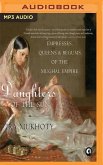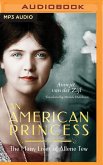No hive can tolerate two Queens. In the fatal clash between the Protestant Queen of England and the Catholic Queen of Scots, many were determined that 'The death of Mary is the life of Elizabeth'. In this moving chronicle a modern poet magnificently recaptures the splendid colour and sordid intrigue of the most spectacular period of history in Britain. Edith Sitwell (1887-1964) was born into an aristocratic family and, along with her brothers, Osbert and Sacheverell, had a significant impact on the artistic life of the 20s. She encountered the work of the French symbolists, Rimbaud in particular, early in her writing life and became a champion of the modernist movement, editing six editions of the controversial magazine Wheels. She remained a crusading force against philistinism and conservatism throughout her life and her legacy lies as much in her unstinting support of other artists as it does in her own poetry.








